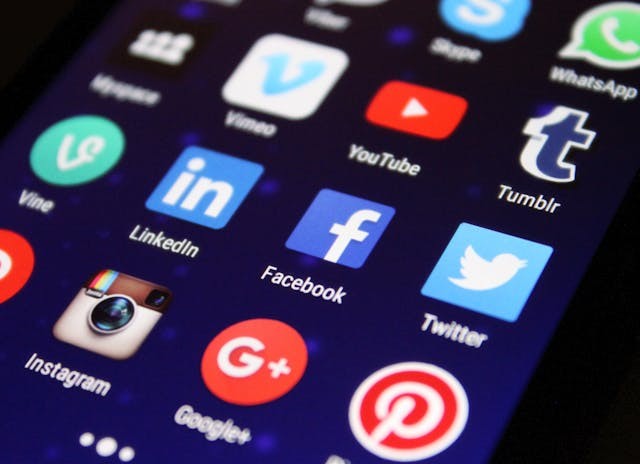
Trendy Apps, Social Media Influencers May Have Contributed to ADHD Surge, Wrong Diagnosis, Experts Warn
There has been a rise in ADHD cases in middle-aged women. However, experts warned that some reported cases were due to wrong diagnoses from trendy apps and social media influencers.
ADHD Surge Due To Trend Apps and Social Media Influencers
An expert worries that the significant increase in ADHD cases in middle-aged women is due to trendy applications, social media influencers, and private clinics. Professor Joanna Moncrieff, a renowned psychiatrist at University College London, is concerned that too many people are being wrongly diagnosed with mental illness. Thus, thousands are unnecessarily prescribed potent medications to soothe them, she claimed.
One condition that has an impact on people's behavior is attention deficit hyperactivity disorder (ADHD). Patients with ADHD typically experience restlessness, difficulty focusing, and impulsive behavior as a result.
Even though ADHD is usually diagnosed in childhood, doctors have been shocked by the surge of adults seeking assistance-including medication for their suspected condition.
Several celebrities have been diagnosed with ADHD, including Olivia Atwood, Sue Perkins, Johnny Vegas, and Ben Fogle. Actress Sheridan Smith is the latest in the string of celebrities who shared her ADHD diagnosis.
Influential and well-known people coming out sharing their diagnoses has made the illness "trendy," and some of the cases may be overdiagnosed.
"There are many doctors who're extremely uneasy about this," said Professor Moncrieff when asked. "There is such demand for it from patients that doctors feel pressurized to give these diagnoses."
Since it's so widespread now, Moncrieff believes peer pressure is really to blame. People feel like they're failing themselves if they don't receive a diagnosis since they know others who do. According to Moncrieff, some of these pressures mainly affected elderly women.
She went on to say that it has to do with their lack of confidence and how they feel a diagnosis could help explain things and increase their confidence since it provides them something concrete to anchor their fears about their shortcomings onto.
ALSO READ: Is Time Blindness Real or Is It an Excuse for Being Late at Work? Here's What Experts Say
Dissociative Identity Disorder on TikTok
Another expert spoke about a similar thing concerning the rising cases of dissociative identity disorder (DID). Physician and researcher Dr. Matthew A. Robinson of McLean Hospital, the largest mental health center connected to Harvard Medical School, voiced his concerns regarding the DID TikTok community.
In his speech, Robinson stated that our own adolescent therapy and testing programs, together with parents and schools, have sent them a plethora of referrals and requests to look for signs of what many believed is DID. Robinson's presentation did not address the condition, but some doctors managed it on TikTok.
Social media users who claim to have suffered from DID are referred to as "systems" since they share several identities, or "alters," with a single body. Teenagers have taken an interest in the videos that Systems has posted on TikTok, where they share their experiences with the illness. These films have had over 5 billion views.
Robinson thought that the notable rise in pediatric DID referrals was due to TikTok. During his discussion, he made a wild guess that social media could open up new channels of expression for those who have DID.
However, he also issued a warning, pointing out that social media and the internet are driving an increase in phony DID claims. He added that some of those who claim to have DID may be dishonest, confused, or mistaken.
RELATED ARTICLE: How Do 7 to 9 Hours of Sleep Help Improve Mental Health?
Check out more news and information on Medicine & Health in Science Times.














